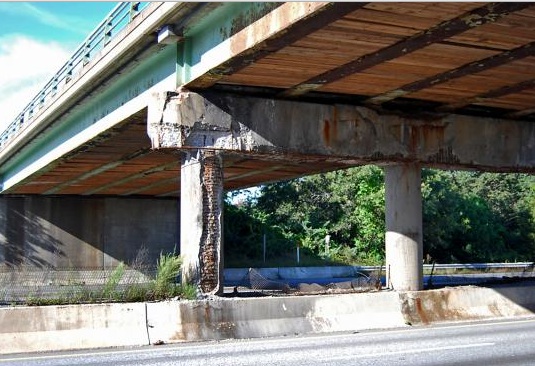How government sifts through projects to determine their worthiness. The Tiger grants from the US Transportation department illustrate how merit can be determined. Lowell, Masschusetts has recently been awarded a Tiger grant. Elizabeth Warren is one of the legislators behind the award. The City of Lowell can acquire and replace or rehabilitate eight privately-owned bridges that carry vehicles and pedestrians over the City’s unique 5.6-mile network of canals. … Three of these bridges are currently closed to traffic in at least one direction and many are posted with weight restrictions which prevent school buses, transit buses, fire apparatus, or commercial trucks from crossing them, resulting in significant detours.
The Transportation Investment Generating Economic Recovery, or TIGER Discretionary Grant program, provides a unique opportunity for the DOT to invest in road, rail, transit and port projects that promise to achieve national objectives. Since 2009, Congress has dedicated more than $4.1 billion for six rounds of TIGER to fund projects that have a significant impact on the Nation, a region or a metropolitan area.
In each round of TIGER, DOT receives hundreds of applications to build and repair critical pieces of our freight and passenger transportation networks. The TIGER program enables DOT to examine these projects on their merits to help ensure that taxpayers are getting the highest value for every dollar invested through TIGER Discretionary Grants. Applicants must detail the benefits their project would deliver for five long-term outcomes: safety, economic competitiveness, state of good repair, quality of life and environmental sustainability. DOT also evaluates projects on innovation, partnerships, project readiness, benefit cost analysis, and cost share.
The eligibility requirements of TIGER allow project sponsors at the State and local levels to obtain funding for multi-modal, multi-jurisdictional projects that are more difficult to support through traditional DOT programs. TIGER can fund port and freight rail projects, for example, which play a critical role in our ability to move freight, but have limited sources of Federal funds. TIGER can provide capital funding directly to any public entity, including municipalities, counties, port authorities, tribal governments, MPOs, or others in contrast to traditional Federal programs which provide funding to very specific groups of applicants (mostly State DOTs and transit agencies). This flexibility allows TIGER and our traditional partners at the State and local levels to work directly with a host of entities that own, operate and maintain much of our transportation infrastructure, but otherwise cannot turn to the Federal government for support.
By running a competitive process, DOT is able to reward applicants that exceed eligibility criteria and demonstrate a level of commitment that surpasses their peers. While TIGER can fund projects that have a local match as low as twenty percent of the total project costs, TIGER projects have historically achieved, on average, co-investment of 3.5 dollars (including other Federal, State, local, private and philanthropic funds) for every TIGER dollar invested.
The TIGER program enables DOT to use a rigorous merit-based process to select projects with exceptional benefits, explore ways to deliver projects faster and save on construction costs, and make needed investments in our Nation’s infrastructure that make communities more livable and sustainable.

